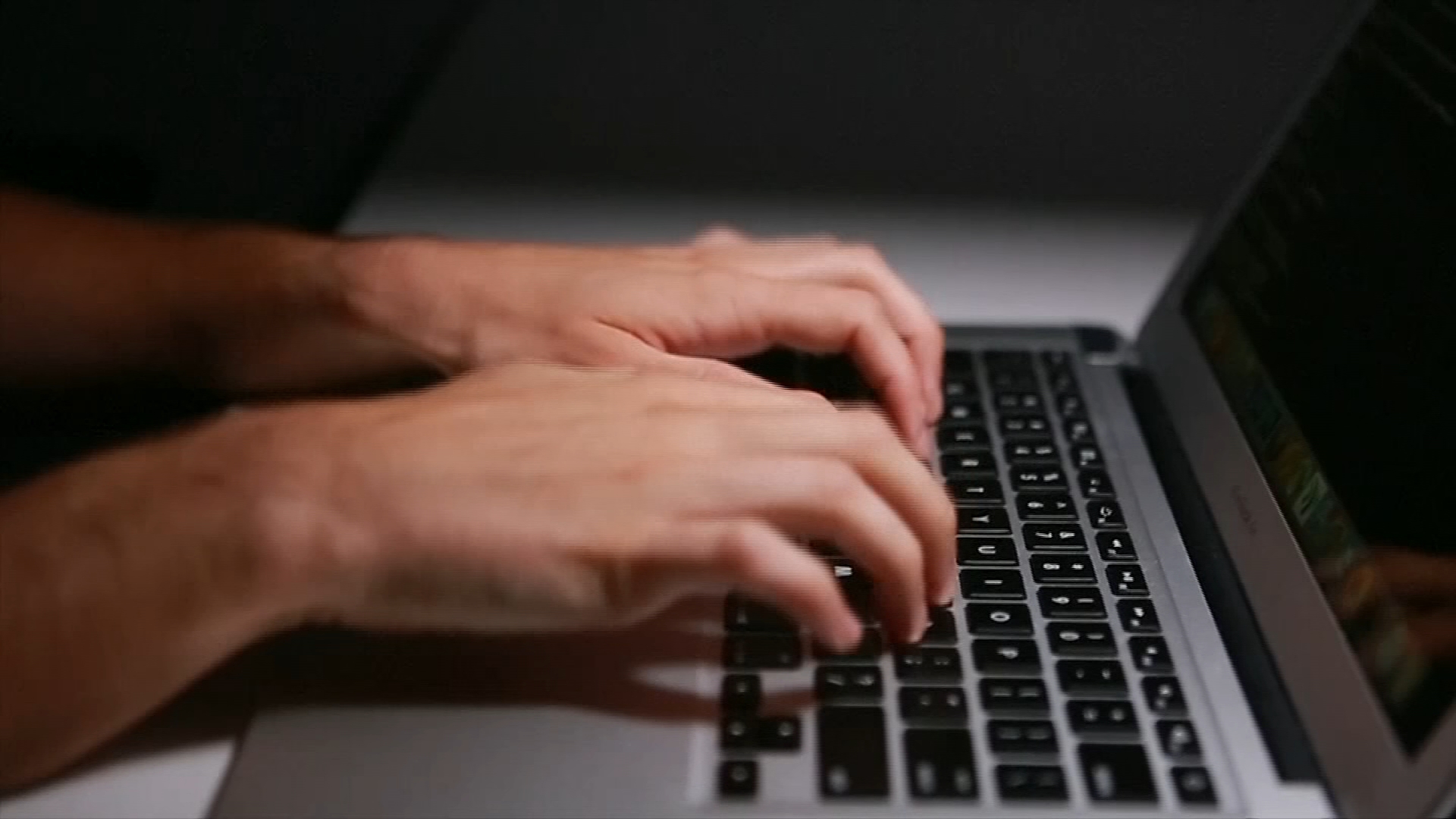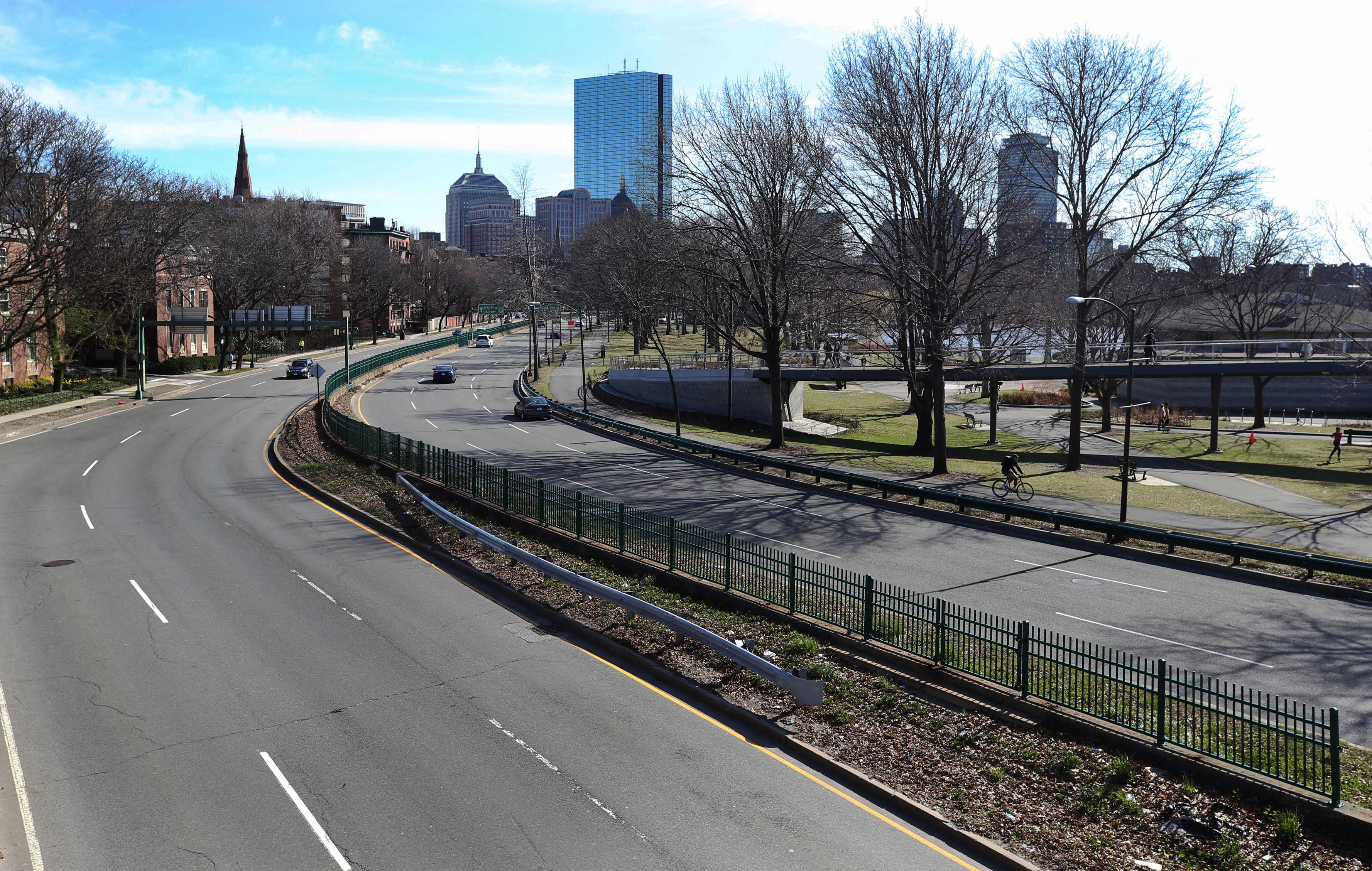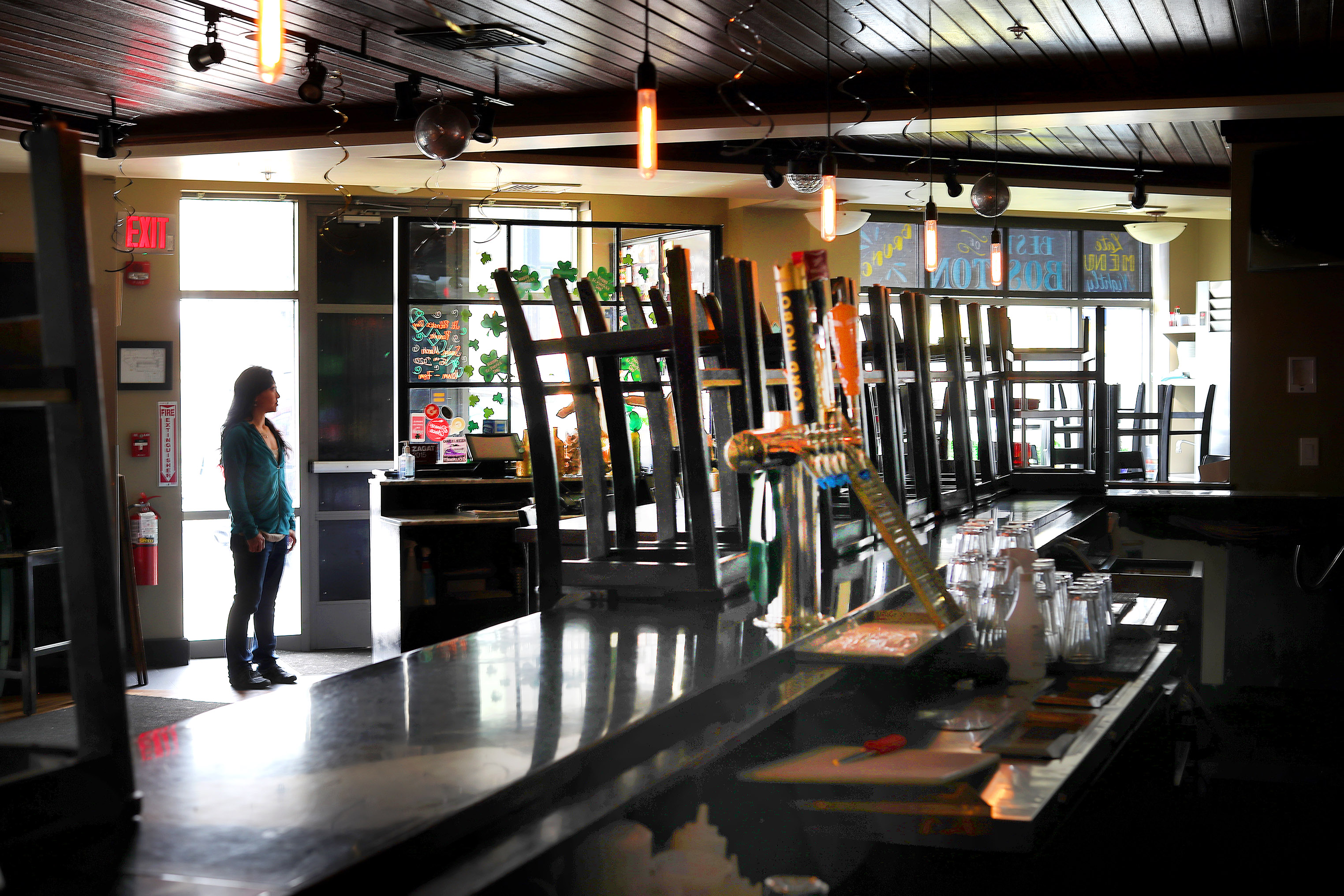Gov. Charlie Baker in May outlined a phased-in approach to gradually restart the Massachusetts economy, which was largely shuttered nearly two months ago as the state ramped up its fight against the coronavirus which has claimed nearly 5,800 lives in the state.
Baker said everyone must continue practicing proper hygiene, maintaining social distancing, and using facial coverings in public places throughout all phases of reopening.
People over 65 and those with underlying health conditions - who are at higher risk for COVID-19 - should continue staying home except for essential errands like going grocery shopping and attending to health care needs until the final phase.
Officials will be watching key public health metrics to determine if and when it is appropriate to proceed through reopening phases, including the coronavirus positive test rate, the number of deaths and hospitalizations, testing and tracing capabilities and the capacity of the health care system.
Each phase will last at least three weeks and could last longer, contingent on state data. If health data trends are negative, specific industries, regions or the entire state may need to return to an earlier phase.
Phase 1
Effective Monday, May 18
In the first phase beginning Monday, manufacturing and construction can reopen provided they follow standards meant to curb the spread of the virus. Houses of worship can resume services if they follow social distancing. Outdoor services are encouraged.
Hospitals and community health centers are allowed to provide high-priority preventative care, pediatric care and treatment for high risk patients and conditions.
Baker's "safer-at-home" advisory urges residents to leave home only for health care, worship and permitted work, shopping, and outdoor activities. People shouldn't participate in close contact activities like pick-up sports. A limit on gatherings of 10 people remains in place.
Effective Monday, May 25
Office spaces, except those in Boston, can reopen, as can hair salons, pet grooming and car wash locations across the state. Retail business can do curbside pick-up.
Some recreation activities are allowed to restart, including parks, drive-in theaters, some athletic fields and courts, most fishing and hunting, boating, gardens, and zoos.
Effective Monday, June 1
Boston office spaces can reopen.
Phase 2
Effective at least three weeks after Phase 1
Retail businesses, restaurants, hotels and other personal services such as nail salons and day spas can reopen with restrictions.
Hospitals and community health centers are allowed to provide less-urgent preventative care, including teeth cleanings and certain elective procedures.
More recreation is allowed to restart, including campgrounds, playgrounds, public pools, athletic fields and courts and youth sports in a limited fashion.
Baker's "safer-at-home" advisory is lifted, but business and recreational travel is discouraged. The limit on gatherings of 10 people could be lifted depending on the trends.
Phase 3
Effective at least three weeks after Phase 2
Bars, casinos, gyms, museums and others in the entertainment and arts industries can reopen. All other business activities can resume except for nightclubs and large venues.
More recreation is allowed to restart, including youth sorts with games and tournaments, though crowd sizes will be limited.
Phase 4
Effective upon the development of vaccines and treatment
Full resumption of activity in the "new normal," including travel, all outdoor recreation and activities as well as events in large venues and nightclubs.
People are still urged to wear face coverings, maintain physical distance and proper hygiene.
What about professional sports?
Baker said there hasn't been a decision made yet on when, and how, professional sports teams like the Patriots and Red Sox could begin playing games again in the state.
The virus will continue to be a health threat, Baker said.
"If we don't keep up the fight and don't do the things that we all know we have to do -- and know we can do -- we run the risk of creating a second spike in the fall,'' Baker said.
The Republican governor closed all but essential businesses on March 23.
Massachusetts has had the third highest number of deaths of any state, after New York and New Jersey.
Staying Safe Amid Reopening
What's the deal with child care centers?
How best to reopen child care centers is still under consideration, according to the plan released Monday.
State officials are developing guidelines designed to balance the need for child care with health and safety.
In the meantime, an emergency child care system created to support essential workers is still in place and currently only using about 35 percent of its 10,000-child capacity.
That system will be able to help families as final plans are drawn up, Baker said.
What about recreational pot shops?
Recreational marijuana shops are gearing up to offer curbside pickup.
The industry has already developed a COVID-19 safety plan, according to David Torrisi, president of the Commonwealth Dispensary Association.
"We have long maintained that adult-use retail facilities are uniquely prepared to safely operate,'' Torrisi said, noting medical marijuana dispensaries continued operating through the economic shutdown.
Some biz owners frustrated
Small businesses are eager to reopen fully, but are glad to be able to at least offer curbside pickup May 25, said Christopher Carlozzi, Massachusetts director of the National Federation of Independent Business said Monday.
"Retail shops will not last very long with pickup only, so the state must allow customers in stores sooner rather than later,'' Carlozzi said in a press release.
Carlozzi said among other challenges, businesses face what he described as "the hurdle of competing with overly generous unemployment benefits when attempting to rehire workers."
Restaurant owners said they're disappointed with the lack of a defined reopening date.
"Massachusetts restaurants need their suppliers to have time to restock perishable inventory before it can be delivered to them,'' said Steve Clark, of the Massachusetts Restaurant Association.
The Associated Press contributed to this report.





